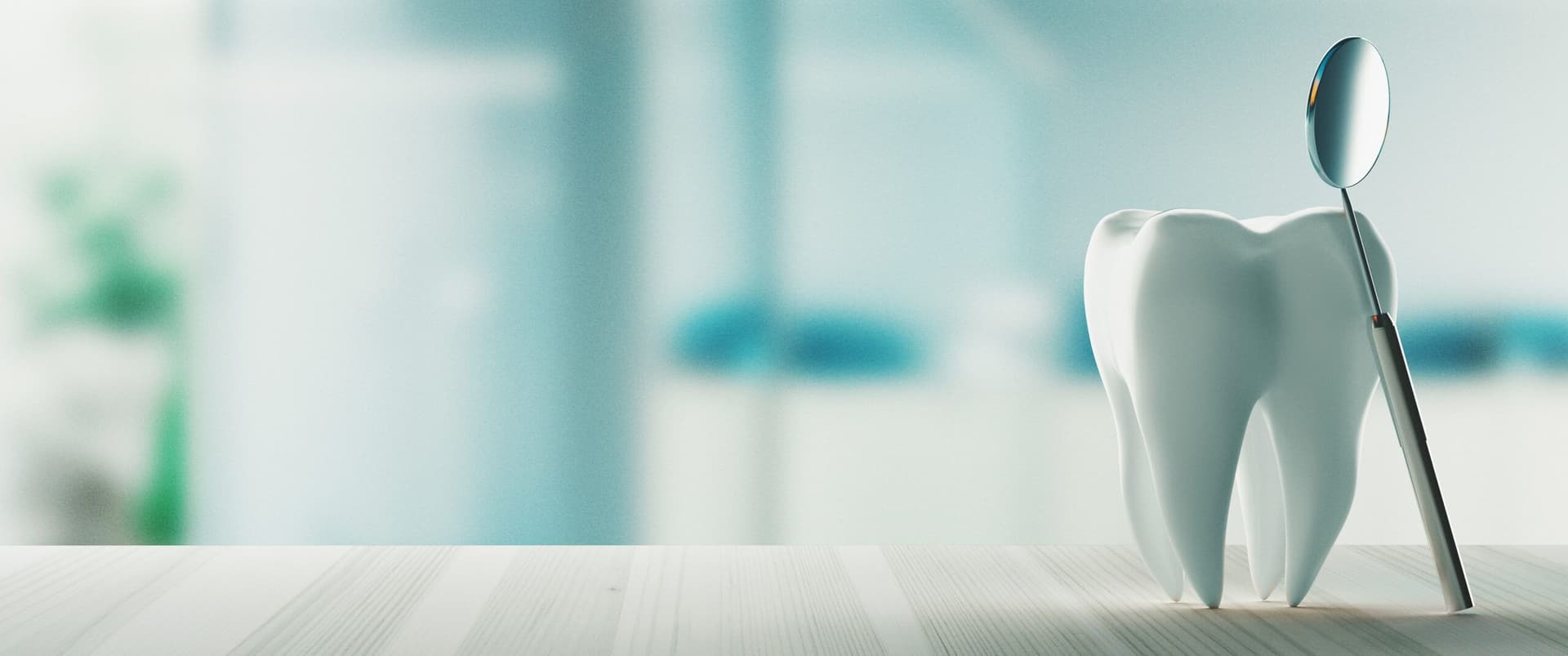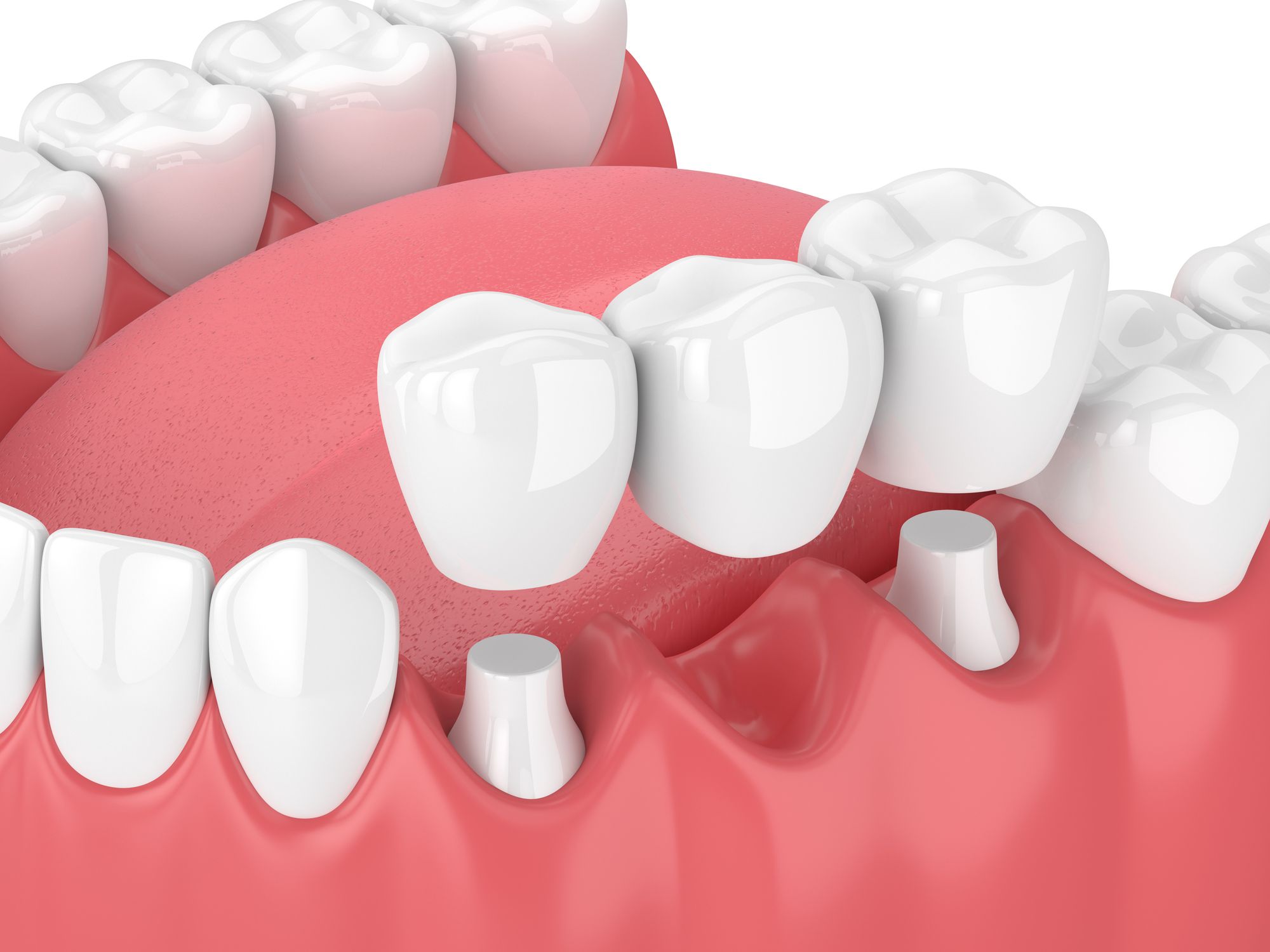
What You Should Understand About Dental Crowns
Are you struggling with damaged or decayed teeth? Dental crowns are the solution. Dental crowns are a popular form of crown dentistry that can help restore the appearance and function of your teeth, ensuring you can enjoy a healthy smile. We will explore everything about dental crowns, including their benefits.
What Are Dental Crowns?
Dental crowns are custom-made caps placed over damaged ones to restore their shape and function. They cover the entire tooth down to the gum line, providing a protective layer to prevent further damage and decay. Dental crowns are made of porcelain or ceramic materials that match the color of the natural teeth, ensuring a seamless and natural-looking smile.
What Are Dental Bridges?
Dental bridges are dental restoration types to replace one or more missing teeth. They have two or more dental crowns placed on either side of the missing tooth gap left. The crowns are then connected by a false tooth or teeth, filling the gap and restoring the patient's smile and ability to eat and speak properly. Dental bridges are made from various materials, including porcelain, ceramics, metal alloys, and resin, and mimic the appearance of natural teeth. They require the preparation of the adjacent teeth to support the dental crowns that hold the bridge in place. Dental bridges are a popular alternative to dentures or dental implants for patients who are missing one or more teeth but do not want to undergo more invasive procedures.

Types of Dental Crowns
Porcelain Crowns
Porcelain crowns are ceramic material that is both strong and translucent, making them an excellent choice for restoring damaged or discolored teeth.
Metal Crowns
Metal crowns are from a combination of gold, platinum, or other precious metals. They are highly durable, making them a good choice for molars and other teeth prone to wear and tear.
Ceramic Crowns
Ceramic crowns are similar to porcelain crowns from ceramic material. However, they are often less expensive than porcelain crowns and a better choice for a less costly alternative.
Zirconia Crowns
Zirconia crowns are biocompatible, strong, and natural-looking materials. They are ideal for patients with a metal allergy or sensitivity to both front and back teeth.
Composite Resin Crowns
Composite resin crowns are from a mixture of plastic and glass materials for front teeth due to their natural appearance.
Stainless Steel Crowns
Stainless steel crowns are often used for children's teeth, especially baby teeth prone to decay. They are durable and affordable and can help protect the teeth from further damage until they naturally fall out.
Benefits of Dental Crowns
Protection
Dental crowns are essential to crown dentistry and provide various benefits, including protection for weak or damaged teeth. Crowns can help prevent further damage or decay and preserve the tooth's natural structure by providing a durable and long-lasting solution. In cases where teeth have undergone root canal treatment or have large fillings, dental crowns can also offer added protection to the tooth, helping to prevent future complications.
Restoration of Function
Restoration of function is a crucial aspect of crown dentistry, as dental crowns can effectively restore the function of damaged teeth. By capping damaged or weakened teeth, crowns provide a strong and durable surface for biting, chewing, and speaking with ease. In addition to enhancing the functionality of the teeth, crowns can also improve the alignment of the bite, reducing pain and discomfort associated with misaligned teeth.

Patients who receive crown restorations can often eat, speak, and smile confidently, knowing their teeth are fully restored and functioning at their best. Overall, crown dentistry offers an effective and long-lasting solution for restoring the function of damaged teeth and improving oral health.
Improved Aesthetics
Improved aesthetics is another crucial aspect of crown dentistry. Dental crowns can effectively enhance the appearance of teeth by correcting various cosmetic issues, such as discoloration, chips, cracks, and even minor misalignments. Crowns can also match the color and shape of the natural teeth, resulting in a seamless and natural look that blends in perfectly with the surrounding teeth.
Using aesthetic materials like porcelain and ceramic in crown dentistry ensures that the final result is aesthetically pleasing but also durable and long-lasting. With crown restorations, patients can enjoy a beautiful and confident, functional, and aesthetically pleasing smile. Overall, crown dentistry offers a comprehensive solution for improving the appearance of teeth and restoring overall oral health.
Confidence Boost
A confidence boost is one of the key benefits of crown dentistry. Dental crowns can significantly enhance both the appearance and function of teeth. Replacing damaged Crowns can easily restore a patient's eating, speaking, and smiling abilities, and it can dramatically impact a patient's self-esteem and confidence. Patients who feel more comfortable smiling, eating, or speaking are often more outgoing, social, and confident in their daily interactions.
They may also experience improved relationships and career success due to their newfound confidence. Crown dentistry enhances patients' overall quality of life by restoring their smiles and boosting their confidence. Overall, crown dentistry is an effective way to achieve a beautiful, functional, and confident smile that can positively impact a patient's life in many ways.
Conclusion
Dental crowns are an excellent solution for anyone looking to restore their smile and improve the function of their teeth. With their natural-looking appearance and long-term durability, dental crowns are a popular form of crown dentistry that can provide a permanent solution to your dental needs. With the proper care and maintenance, dental crowns can give a beautiful and healthy smile that lasts a lifetime.
Appreciate the creator